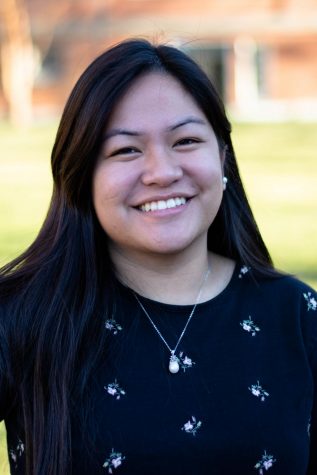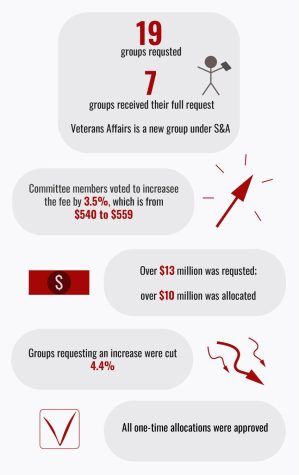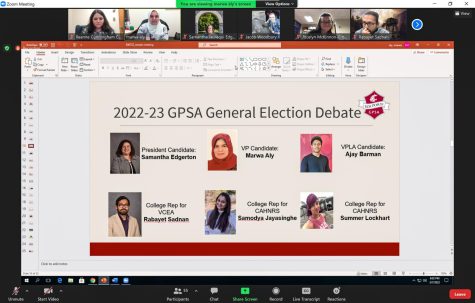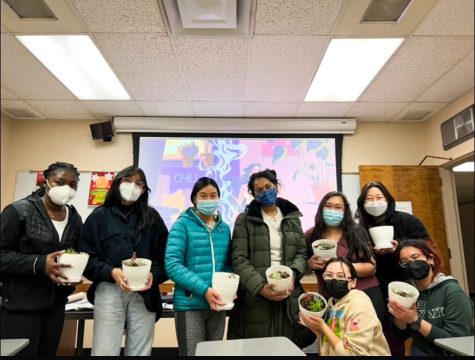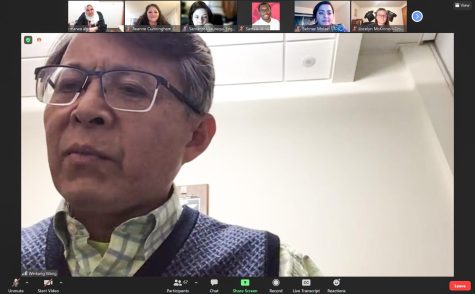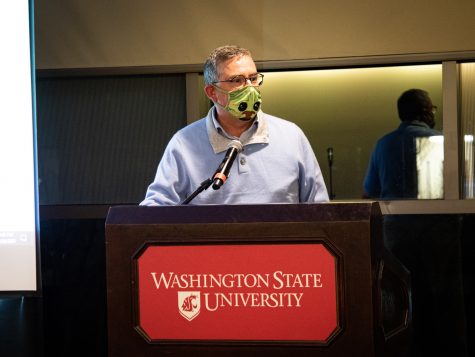Graduate student workers eligible for better dental coverage
Leadership hopes to include both graduate, professional students
April 3, 2018
Dental care insurance for graduate student assistantships increased from 80 to 90 percent coverage, which will go into effect fall 2018.
Sally Makamson, privacy and student insurance specialist at Health & Wellness Services, said the extra coverage would fund services such as preventive and diagnostic care, cleaning and fluoride treatments.
“It’s good news for graduate students that are on an assistantship,” Makamson said.
Shane Reynolds, president of GPSA, said funds were reapplied to their insurance coverage, which caused the 10 percent increase.
“They renegotiated our policy,” Reynolds said, “and they found that what we wanted was cheaper … they took that savings and they reapplied it back, so instead of 80 percent, we’re at 90 percent coverage.”
Reynolds said there are three types of assistantships: research, teaching and graduate. Those applying for assistantships would sign a one- or two-year assistantship contract, he said, and their benefits would be effective for the whole school year once their policy begins. They start on Aug. 15 and end on Aug. 16 of the following year.
Research assistants are students who conduct research and gain lab experience alongside a supervising faculty member with help from funds and grants. It pays for their tuition, benefits and stipend, Reynolds said. Teaching assistantships are paid for through the state, and recipients are usually instructors of entry level classes. Reynolds is affiliated with the graduate assistantship due to his involvement in GPSA, he said.
Professional students, on the other hand, do not receive the same benefits graduate assistantships receive.
“My understanding is the way the law was set up before, or at the very least the way that the university interpreted the law,” Reynolds said, “they only offered health insurance to the students that are on assistantships because they’re providing a service back to the university.”
Reynolds said providing similar benefits to professional students is something GPSA has been working on with Health & Wellness Services. Although it is an ongoing dialogue, he said he hopes professional students will be able to buy the same plan next fall.
“They wouldn’t get covered the way graduate students do on assistantships,” Reynolds said, “but they can buy into that plan and hopefully that will save them some money and still get the coverage that the rest of us enjoy.”
Reynolds said dental care benefits are an important health issue that are not discussed enough.
“Everybody needs to get their teeth checked,” Reynolds said.


